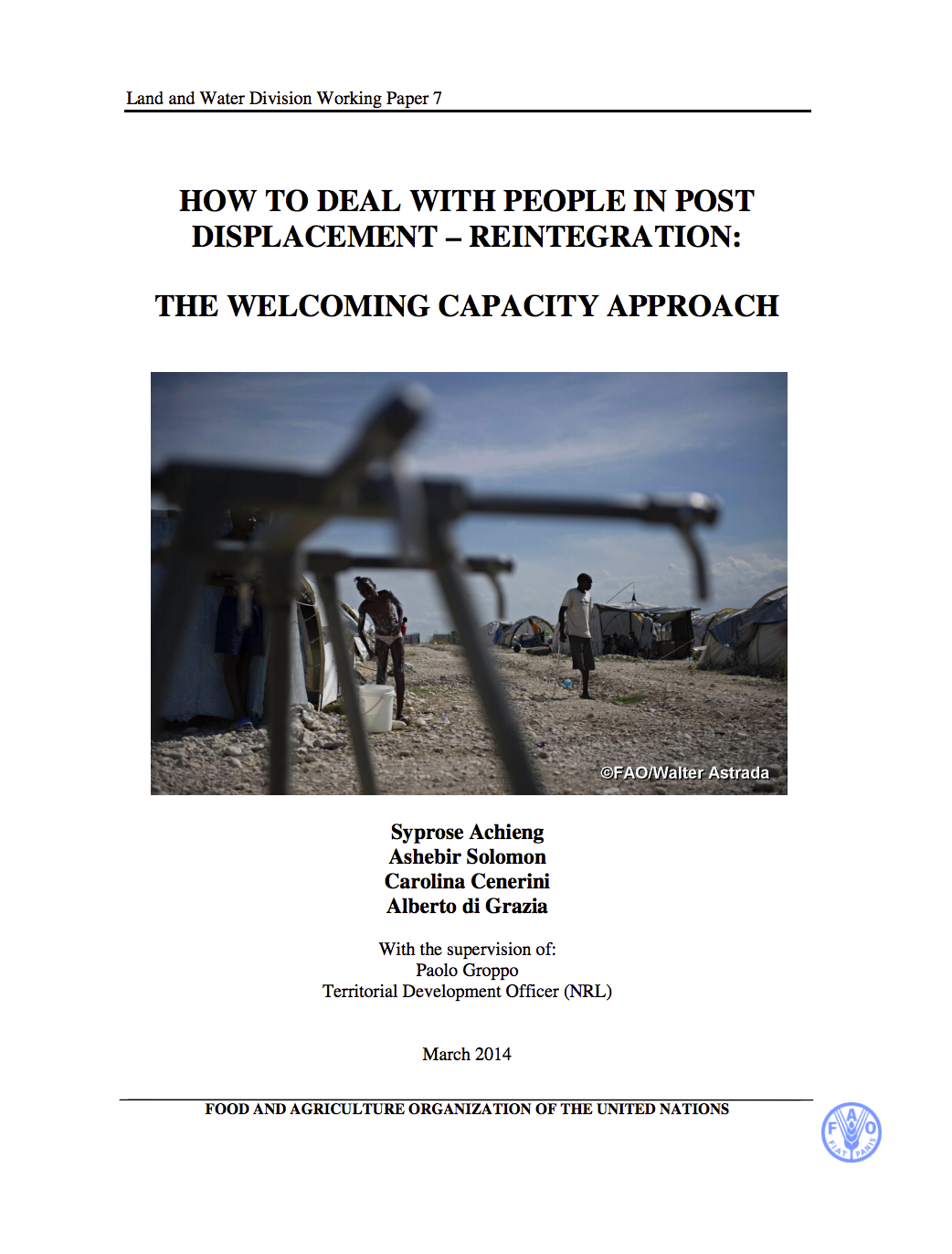The Urban Rehabilitation of Medinas : The World Bank Experience in the Middle East and North Africa
The paper presents the key objectives
for the rehabilitation of historic centers or medinas in the
Middle East and North Africa as elaborated by the World Bank
on the basis of twenty years of past and present lending and
technical assistance operations to the governments of the
region. These are: 1) the conservation of the urban and
cultural heritage; 2) the local economic development of the
historic city; and 3) the improvement of the living



